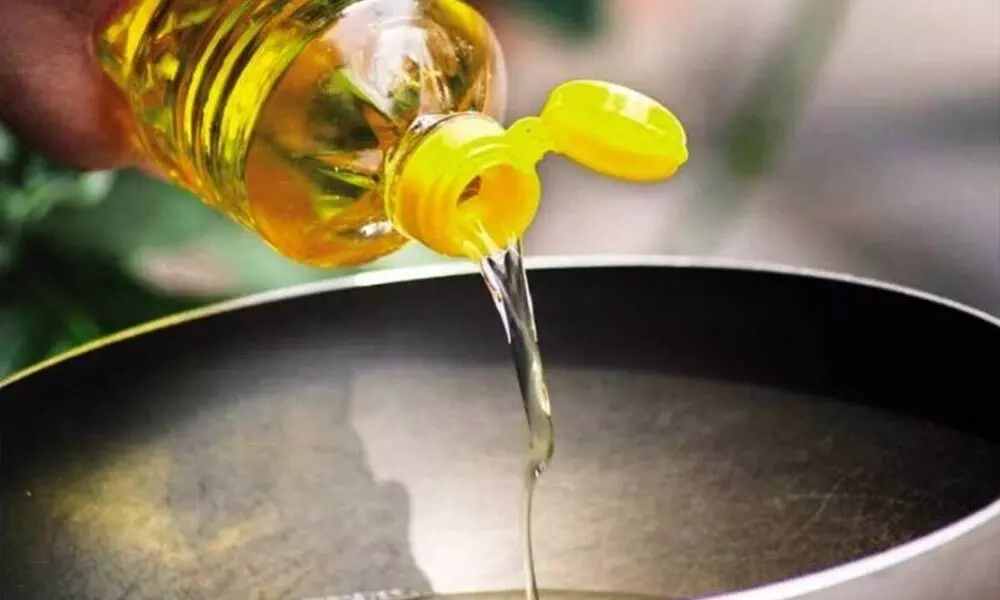Ukraine crisis may lead to crude sunflower oil shortage in India
The fear seems to be coming true. If there is no immediate improvement in the geopolitical situations arising out of Russia-Ukraine armed conflicts, India will face a supply crunch of 4-6 lakh tonne of crude sunflower oil, to say the least, in the fiscal we have just stepped into.
image for illustrative purpose

The fear seems to be coming true. If there is no immediate improvement in the geopolitical situations arising out of Russia-Ukraine armed conflicts, India will face a supply crunch of 4-6 lakh tonne of crude sunflower oil, to say the least, in the fiscal we have just stepped into. Mind you that refined sunflower oil constitutes nearly 10 per cent of India's consumption of 230-240 lakh tonne of edible oils (all types) annually. And India imports nearly 60 per cent of its edible oil requirement, which makes it extremely vulnerable to adverse developments in global trade as well as oilseed production and regulatory changes in key import centres.
If the trade disruptions caused by the ongoing war continues for a longer period of time, edible oil processors will have no other way but to source larger volume of crude sunflower oil from Argentina. Significantly, however, even that volume from Argentina will not be sufficient enough to make up for the material shortfall in volume from Russia and Ukraine. And therefore, in order to bring down the resultant idle capacity, the processors may choose to refine other edible oils. It is understandable therefore, that such a situation would have a serious bearing on the production planning of domestic edible oil processors.
At this outset, one must keep in mind that as much as 90 per cent of India's annual crude sunflower oil requirement of 22-23 lakh tonne comes from Ukraine (70 per cent) and Russia (20 per cent), and the rest from Argentina and other countries. Cumulatively, Ukraine and Russia export nearly 100 lakh tonne of crude sunflower oil annually, with Argentina at the third place with nearly 7 lakh tonne.
To make things worse, in the aftermath of the sanctions imposed by the US and European countries, Russia's all major banks have been severed from the SWIFT system. True, trading of food products with Russia has not been prohibited yet, but trade settlement has become much more difficult, leading to supply disruption.
And quite significantly, this supply disruption has come, almost coinciding with a 25 per cent year- on-year increase in the average price of refined edible oils last fiscal. Prices of crude edible oils have run up this fiscal because of supply-side factors. For example, crude soybean oil has soared following a bad crop in Brazil, while crude palm oil flared up because of weak output in Indonesia and Malaysia, the world's top producers. Mind you that as high as 75 per cent of India's edible oil imports are soybean oil and crude palm oil. And sector analysts are of the view that further increases in the prices of raw material will goad processors to raise additional debt to meet incremental working capital requirements.
Under the normal circumstances, India's domestic edible oil processors typically maintain raw material inventory of 30-45 days, which may be enough to help them tide over the supply shock in the immediate term. But how long can they survive, if the war and supply disruptions continue?

